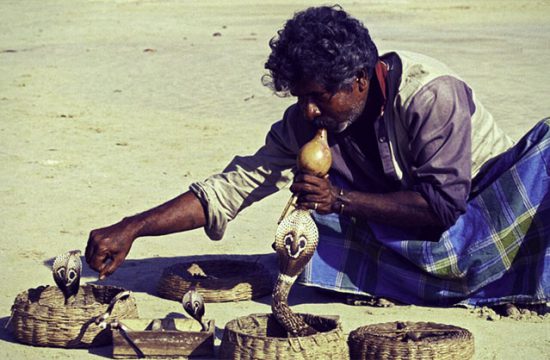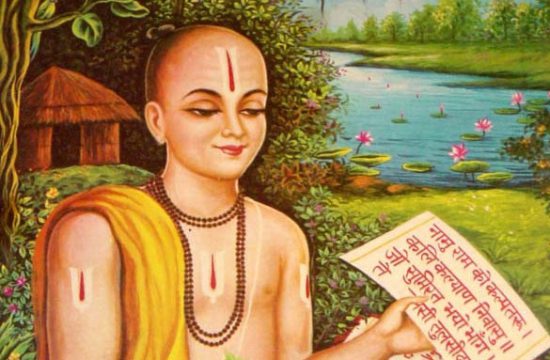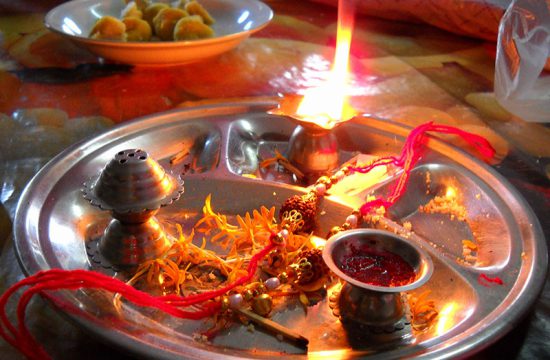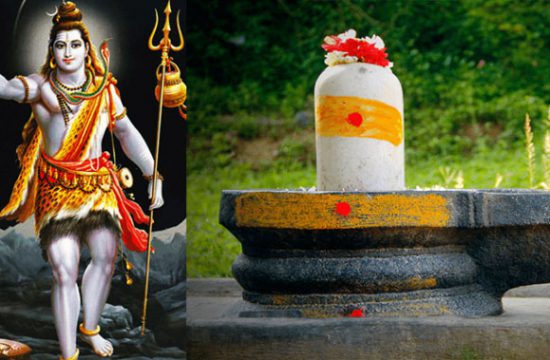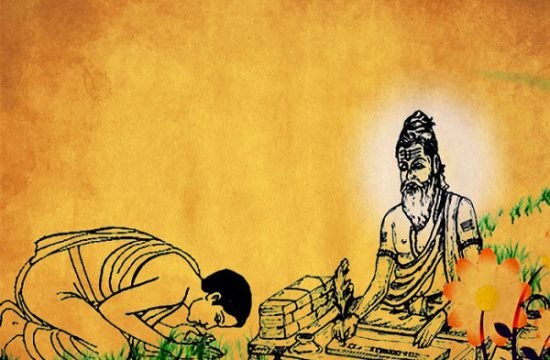Haryali Teej is celebrated on the third day of the bright half of the North Indian Lunar month of Shraavana. As Shraavana (or Saawan) month falls during monsoon or rainy season when the surroundings become green, the Shraavana Teej is also called Hariyali Teej (Green Teej). A fast is kept and the focus is the moon.
The Hariyali Teej festival is also celebrated to remember the reunion of Lord Shiva and Goddess Parvati, the day when Lord Shiva accepted Goddess Parvati as his wife. Goddess Parvati fasted and was austere for many years and was accepted by Lord Shiva as his wife in her 108 birth. Goddess Parvati is also known as Teej Mata
married women also observe ritualistic fasts to pray for the well-being and long life of their husbands
Hindu women across India, especially in North India, are celebrating Hariyali Teej today with much fervour. Women across Rajasthan, Madhya Pradesh, Bihar and Uttar Pradesh adorn themselves in beautiful attires and jewellery on the auspicious day and pray for their husband’s long life. Three symbolic Teej which are celebrated by women during Sawan and Bhadrapada months are
Hariyali Teej ( which falls on 26th July), Kajari Teej (10th August) and Hartalika Teej (24th August).
Vrat & fast
Married women gather and worship Goddess Parvati for a happy married life. Some visit their parents’ home, and adorn themselves in new clothes and accessories like red or green saris, green bangles, etc. Huge swings are decorated for women who swing while singing traditional Teej songs, followed by Teej folklore, usually narrated by older ladies.
The fast is finally broken after offering prayers to the moon in the evening and worshipping Lord Shiva and Goddess Parvati. Many unmarried women also keep the fast, take part in the festivities and pray for a blissful married life. During fasting, married women are presented with items of shringaar (make up) by her in-laws. This box of shringhaar includes kumkum (vermilion), henna (mehndi), bindi, bangles, and sari.
Through the day women restrict themselves even from a morsel of food and drop of water, making the fast one of the most difficult fasts. This is why pregnant women are advised not to keep the fast and even if they do observe the fast, it is advisable to consult a doctor, and check with them on their dietary requirements. Few pregnant ladies go on a diet of milk and fruits to fulfil their nutritional requirements for the day.
After the day-long fast is over, women drink water and eat healthy food to break the fast and commemorate the festival.
